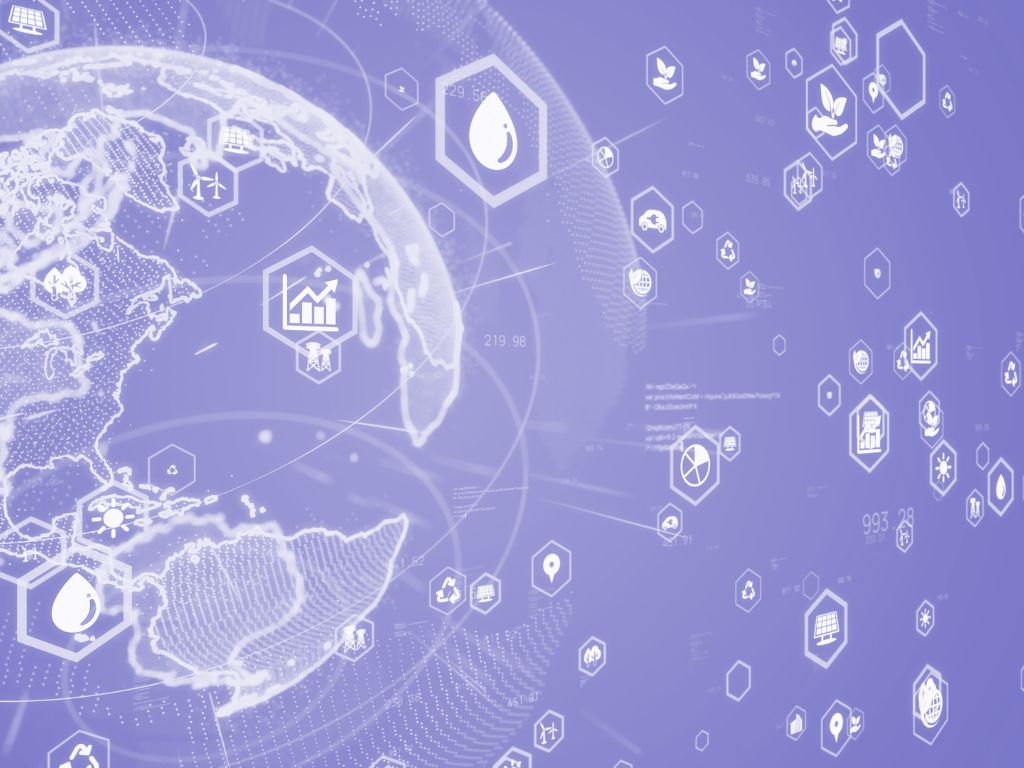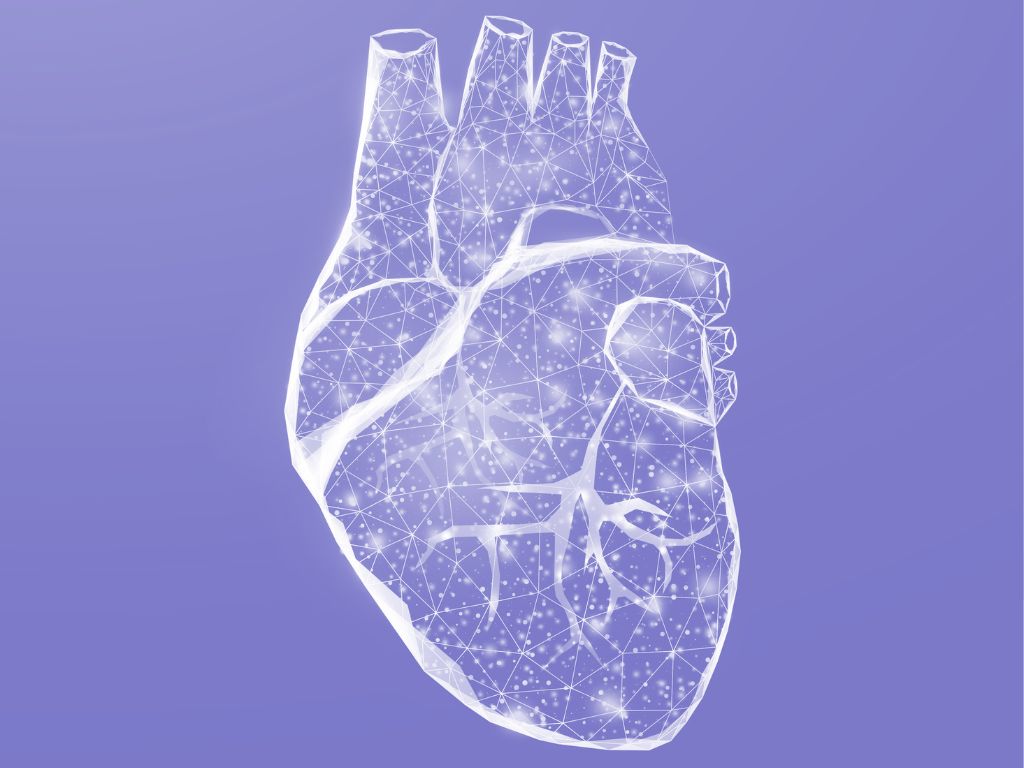Cross-Cutting Activity 4
Cross-Cutting Activity 4 (CC4) is committed to nurturing a new generation equipped with the knowledge, skills, attitudes, and values essential for shaping a sustainable, inclusive future in Northeastern Italy. To do so, it offers a wide range of activities based on two main pillars: Education and Lifelong Learning.

Education
Education within CC4 transcends traditional boundaries, configuring as the cornerstone for becoming active, responsible citizens. It is a transformative journey that imparts knowledge and cultivates critical thinking, creativity, and a sense of social responsibility. Initiatives focus on developing knowledge, skills, attitudes, and values that enable people to contribute to and benefit from an inclusive and sustainable future.

Lifelong Learning
Lifelong Learning refers to the ongoing process of acquiring knowledge, skills, and competencies throughout life, beyond formal education. As a catalyst for societal transformation, Lifelong Learning is not just an option but a strategic imperative within CC4. By embracing continuous learning, individuals can adapt to the evolving demands of the modern world, driving innovation and prosperity within their communities.
Spoke 9 initiatives: an empowering program
Within CC4, Spoke 9 has proposed a series of specific initiatives to enhance awareness around Digital Twins and deepen knowledge of their key aspects. The core idea is to create educational and Lifelong Learning programs that can empower research and foster innovation in Small and Medium Enterprises (SMEs), also through interdisciplinary collaborations. This is indeed the starting point for unleashing the full potential of Northeastern Italy.

Digital Twins for a Sustainable Economy
This course provides a holistic understanding of Digital Twins, from fundamental concepts and physical modeling to advanced AI applications and real-world case studies. Participants will leave equipped with the knowledge and practical skills to apply Digital Twins in their research and development projects, contributing to a sustainable economy.

Mixed and Stabilized Finite-Element Methods
This course introduces PhD students to stabilized mixed formulations for partial differential problems. Focusing on practical applications in computational mathematics, physics, and engineering, participants gain a deep understanding of finite-element approximation and stabilization techniques.

Research School on Digital Twins of the Human Body
This initiative addresses the challenges inherent in deploying Digital Twins that replicate organs, apparatuses, and physiological mechanisms of the human body. The school is currently being organized and will be held in autumn 2025.
